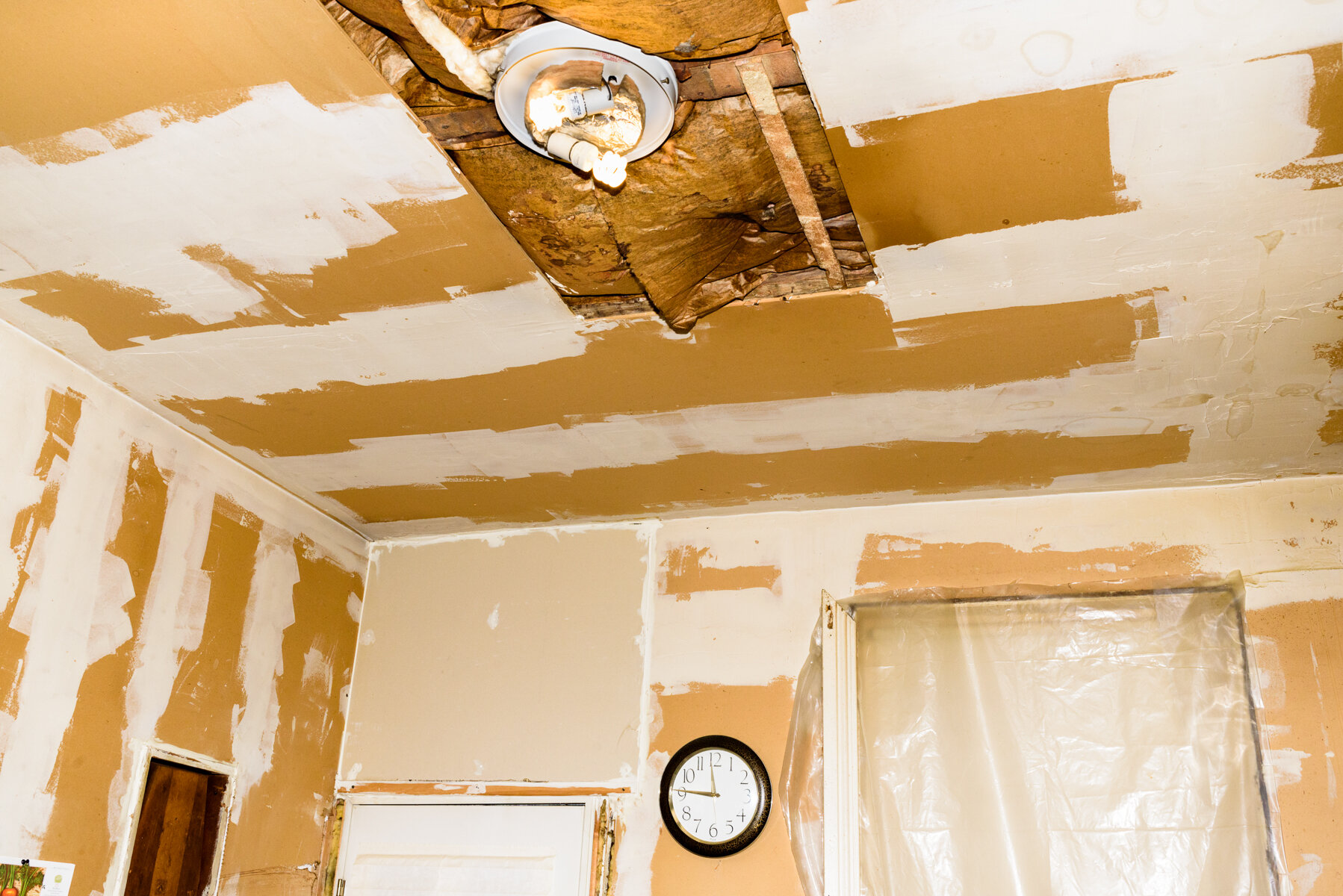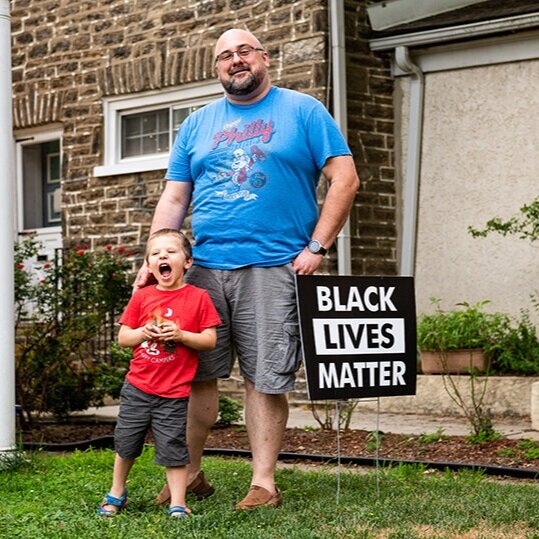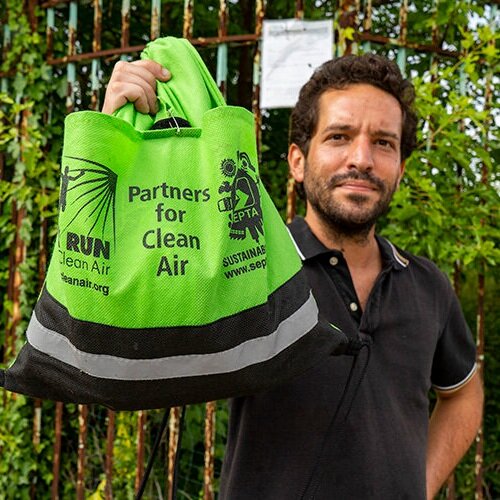Here’s a nugget from The New York Times story “Extreme Summer,” published on July 20, 2021:
“Summers in Boston have come to resemble 20th-century summers in New York. New York, similarly, has come to resemble Philadelphia, which in turn has become hotter than Washington, D.C., or Atlanta were only a few decades ago.”
Climate change has gotten real. If you live in Philadelphia, you don’t need any graphs or charts to be convinced that it’s getting hotter. If you are in an air conditioned room, all you have to do is step outside. If you’re not, best to find one. More on that shortly.
In March of this year, the city released its Municipal Energy Master Plan, which documents the progress the city is making regarding energy usage and reducing greenhouse gas emissions. One line in the report showed a striking regression: The city’s electricity consumption increased between 2016 and 2018.
According to the Mayor’s Office of Sustainability (MOS), there are a few reasons that account for the change, including one that you can rationalize as double accounting: Some newly built buildings were up and running while the old buildings they were replacing were in the process of being phased out.
However, one of the primary reasons for the spike is the expansion of air conditioning in recreation centers.
MOS Director Christine Knapp says, “This is an example of where our efforts to reduce carbon emissions are not in perfect alignment with our goals to support climate resiliency for our residents.”
Unfortunately, they are not only not perfectly aligned, they are diametrically opposed. To be clear, this situation is not unique to Philadelphia. Air conditioning, once considered a luxury, is now necessary to stave off heat-related deaths in previously more temperate climates.
How do we navigate this conundrum? It’s too hot, but using air conditioning worsens climate change. The Washington Post interviewed Eric Dean Wilson, a professor at Queens College in New York who teaches climate-themed writing and environmental justice courses. He’s been studying the impact that artificial cooling has on the environment.
Wilson says, “The problem is the unthinking and 24/7 use of air conditioning, which is not necessary.”
He suggests we should leave the A/C off when it’s 80 degrees outside; that we should use fans to achieve cross-ventilation in the home; that we should wear less clothing and become more comfortable with sweating. I’ll add that if your bedroom A/C has a timer, setting it to turn off after you have fallen asleep is another way to cut usage. But the dilemma remains.
“The comfort that we desire for ourselves is making the world paradoxically more uncomfortable,” Wilson says.
2021 is the year when the perception of climate change has gone from an abstraction to a reality, ushering in the next phase of climate consciousness: the understanding that life is going to be more fraught with peril, and that we need to adapt.
Climate scientists have been warning us that we need to be thinking simultaneously about mitigation (reducing carbon emissions) and adaptation, preparing ourselves for the hardship that climate change will bring. In this summer of drought, wildfire, flooding and heatwaves, it’s crystal clear that the future is now.
Alex Mulcahy
Editor-in-Chief
alex@gridphilly.com








